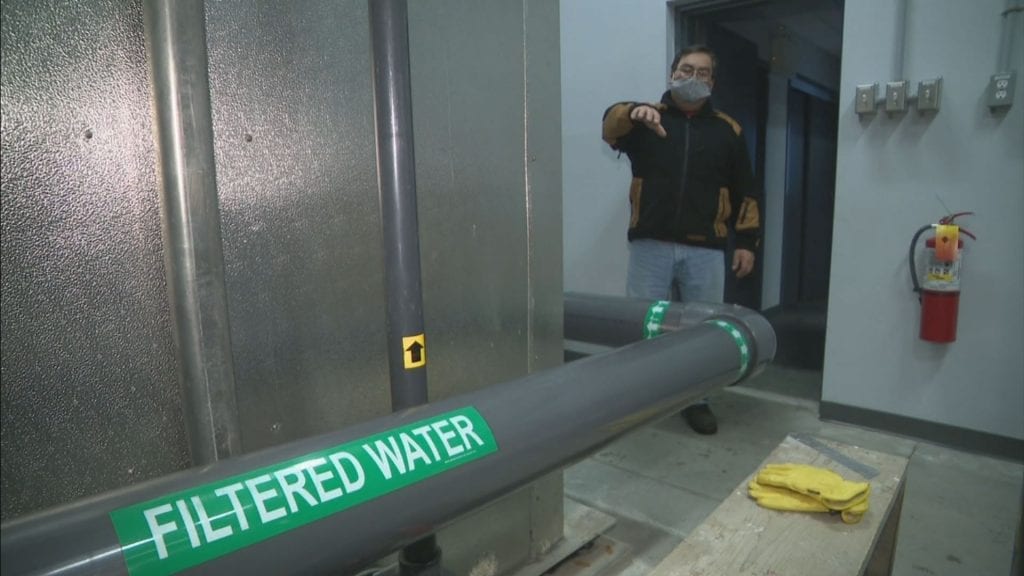
The SCO is calling for an inquiry following an investigation by a consortium of media outlets and universities into problems plaguing First Nations water systems.
An advocacy organization representing Anishinaabe and Dakota communities in Manitoba says it’s time for an inquiry into how construction contracts are awarded on First Nations – with a directed focus on key water infrastructure.
The Southern Chiefs Organization (SCO) says frugal tendering policies at Indigenous Services Canada (ISC) gives companies with “bad track records” lucrative contracts, leaving First Nations in the lurch.
“For too long, First Nations have been forced to work with sub-standard firms just so the federal government can save a few bucks,” said Grand Chief Jerry Daniels in a press release.
“We are being victimized by our Treaty partners, and it’s our people and communities who should be benefiting from these projects who are losing out in the end.”
The release cites recent findings from a collaborative investigation called Clean Water, Broken Promise. Several universities and media outlets, including APTN News, found ISC policy forces First Nations to seek “value for money” which means “normally, the lowest valid bid price.”
Indigenous Services Minister Marc Miller disputed the findings at a press conference Thursday afternoon.
“There’s been a bit of a conflated proposition with the contention that this is about the lowest bidder,” he told reporters after being questioned about SCO’s statement. “There is value for money proposition in any procurement process that follows best industry practices but this isn’t about going with the cheap option, it’s going with the option that suits the First Nation.”
“This is more complex than simply rolling it up and saying we go with the lowest bidder. Sometimes because of infrastructure pressure we’re faced with only one tender and it’s something we have to look at but it’s always done in partnership with First Nations”
This contradicts what some First Nations told the consortium during the investigation. They said in instances relating to water infrastructure projects they were forced to go with the lowest bidder despite preferring other companies.
The investigation also found chronic underfunding among several other issues. A federal government audit has weighed in, finding ISC’s funding formula for operation and maintenance of water infrastructure hasn’t changed in over 30 years.
“I have witnessed first-hand in my community the poor results that come with this approach,” added Chief Hector Shorting of Little Saskatchewan First Nation, about 250 km north of Winnipeg.
“Because we cannot decide on our own who is awarded construction projects, including for sub-contractors, we have seen shoddy workmanship and poor materials being used to build peoples’ homes.
“If we had the final say in who can complete the actual work, I can say with confidence, we would not be experiencing these kinds of problems.”
The organization says generations of displacement and systemic neglect have led to a severe infrastructure deficit. It’s calling for an immediate and significant shift in ISC’s tendering policy as well as for First Nations to have greater autonomy and control over infrastructure projects.
““If we want to said the Southern Chiefs Organization.
“If our Treaty partners in Ottawa are serious about rebuilding our fractured relationships, then fixing this serious problem a very good place to focus that attention.”









